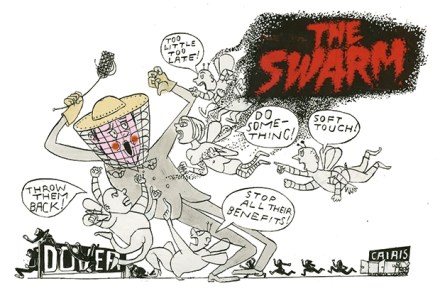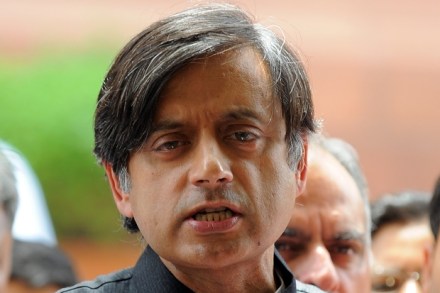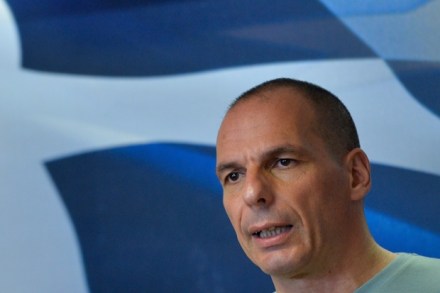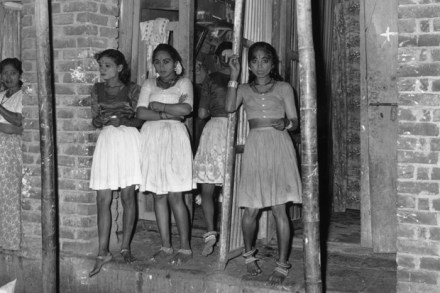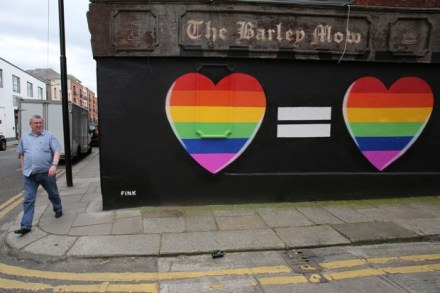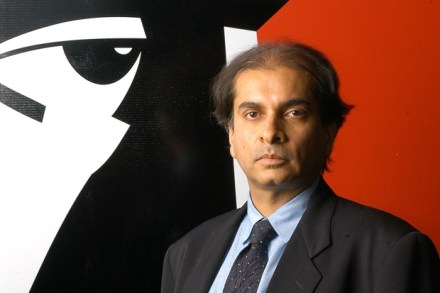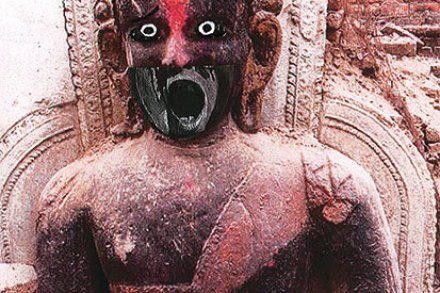Written on the body
Sue Armstrong’s programme on Radio 4 All in the Womb (produced by Ruth Evans) should be required listening for anyone dealing directly with the refugee crisis, with those who have fled from intense fear and terrible violence in their home countries. Armstrong has been investigating recent developments in our understanding of the impact of severe trauma, how it affects not just the mind but also the body, creating physical changes that also need to be addressed. Those who lived through the Holocaust, for example, who were in prison camps or were forced to hide in dark, cramped, inhuman conditions, perpetually afraid that at any moment they might be discovered, have












